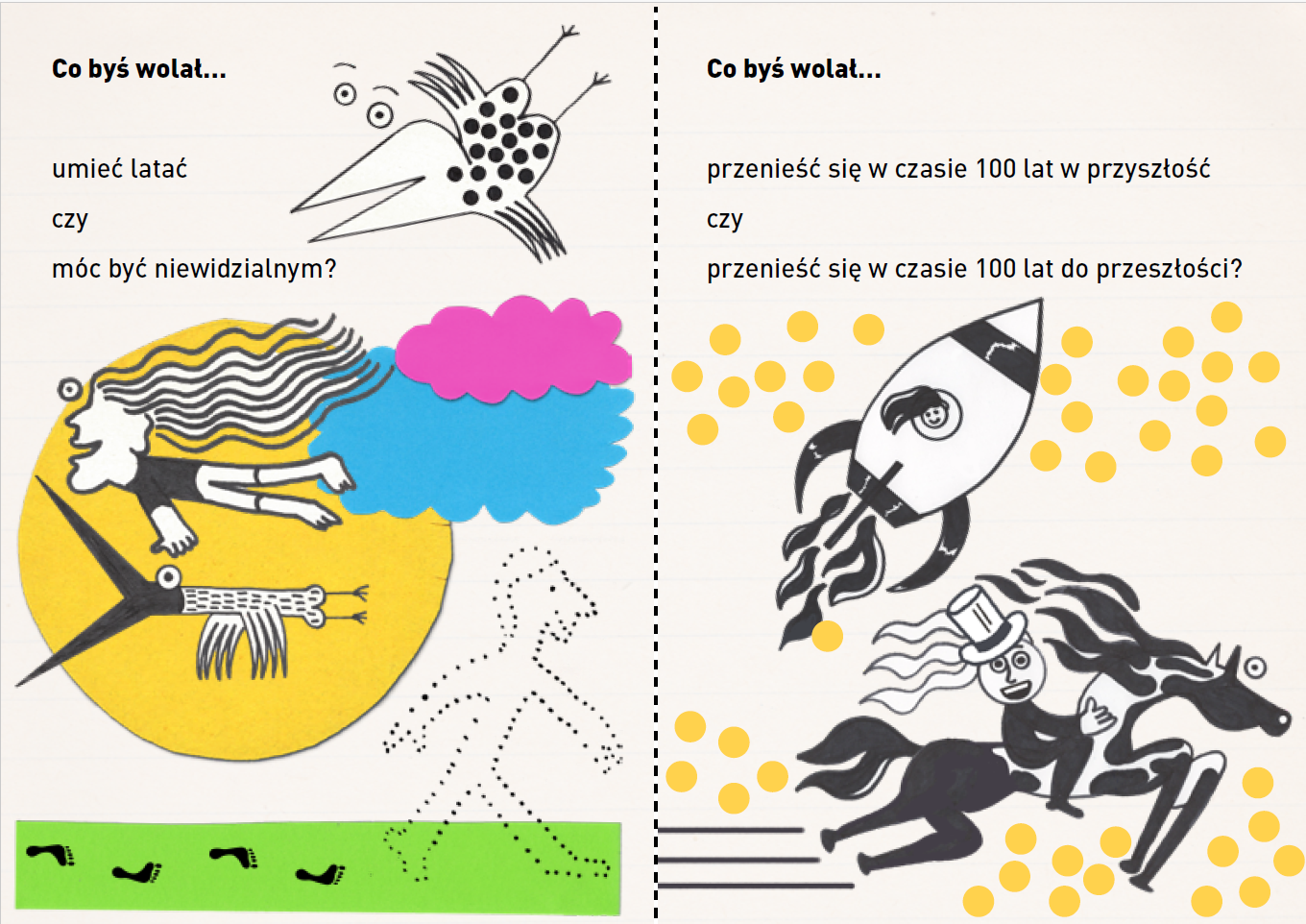Educators, psychologists and homeroom teachers working in primary schools (grades IV–VIII) are cordially invited to participate in a pilot programme of workshops entitled “I’M WELL”. “I’M WELL”, which is part of the “Accessible School for All” project implemented by the Educational Research Institute – National Research Institute, in partnership with UNICEF and the Ministry of National Education.
The “I’M WELL” programme is a series of workshops for primary school students aimed at developing students’ wellbeing, including academic, emotional and social wellbeing. The programme is part of activities aimed at increasing young people’s competence in coping with challenges, improving group integration and fostering a sense of belonging. It can be implemented as part of a school’s prevention programme and will work well in diverse classrooms, including multicultural ones. The workshop provides an opportunity to build an atmosphere of trust and a sense of safety within a group of pupils and to get to know each other, especially if the class is just starting to learn together or new pupils have joined.
Registration
Applications are accepted via a recruitment form.
Recruitment ends 28.02.2025.
What does the programme consist of?
The programme consists of 8 workshops, the distinguishing feature of which is that they are experiential and not just psycho-educational. The individual meetings propose tasks that allow one to measure and actually “feel” the skills and competences practised. The tasks also provide an opportunity for group work and for students to get to know each other.
The first meeting is introductory and allows the rules of the activity to be established and an atmosphere of safety and acceptance to be created.
Subsequent activities are devoted to the students skills and competences building their dispositions in terms of:
- Academic well-being, understood as self-reliance and self-confidence in the face of educational challenges, conscious engagement in the learning process and motivation to learn new content. This includes setting and pursuing short- and long-term goals in learning and pursuing passions, as well as a sense of decisiveness and agency in schoolwork.
- Emotional well-being relating to visible contentment, calmness and the display of joy in various situations on school grounds. Manifested by the ability to understand one’s own emotions, to set personal development goals. It encompasses both emotions from immediate experiences (emotional quality of momentary and everyday experiences) and more global reflections (evaluations of satisfaction with school, sense of meaning and ability to achieve long-range educational goals).
- Social wellbeing, which includes social awareness, the ability to take the perspective of people from different cultures and backgrounds, as well as the interpersonal competences necessary to establish and maintain healthy and satisfying relationships.
The final activity is of a concluding nature and provokes reflection on the skills developed during the workshops and their usefulness in different areas of students’ lives. The whole experience is complemented by two games: a board game to identify obstacles on the way to a goal and what helps to overcome them, and a field game dedicated to developing respect for diversity and intercultural awareness.
Each part contains ready-made lesson plans and attachments, i.e. handouts, worksheets and materials in an attractive graphic design.

Programme objectives
GENERAL:
- To foster a friendly climate in the classroom/school
- To support the mental health of children and pupils
- To enrich the methodics tools of specialist educators and homeroom teachers
SPECIFIC OBJECTIVES RELATING TO INDIVIDUAL WELLBEING:
- To strengthen pupils’ involvement in planning as well as designing their own learning process, identifying difficulties and resources, and building perseverance in achieving goals
- Developing pupils’ competences in understanding social diversity, including intercultural awareness of nationality, culture, language, traditions, religion
- Improving the ability to cope with stress and to support each other in a crisis situation.
Benefits of participating in the programme
Benefits for the school:
- Involvement of the school in a programme prepared by expert practitioners and implemented by the Educational Research Institute – National Research Institute in cooperation with the Ministry of National Education and UNICEF
- Competence development of teaching staff through participation in the programme
- Possibility to integrate the workshop into the school’s prevention activities
- Increased wellbeing of students
Benefits for participating teachers:
- Opportunity to improve professional competences and to participate in the programme’s pilot and a study to confirm its effectiveness
- Access to a publication on the theoretical concept of the workshop, its methods and the scenarios of individual activities with materials for use with pupils.
- Access to support in the implementation of the workshop and online consultation with UNICEF(ASA) project specialists
- Certificate of participation in the pilot programme, attesting to the skills acquired through the Odznaka+ microcredentials standard
Who is this for?
The participant can be an educator or psychologist who will conduct the workshop together with another specialist teacher or homeroom teacher.
WE CORDIALLY INVITE YOU TO PARTICIPATE!

